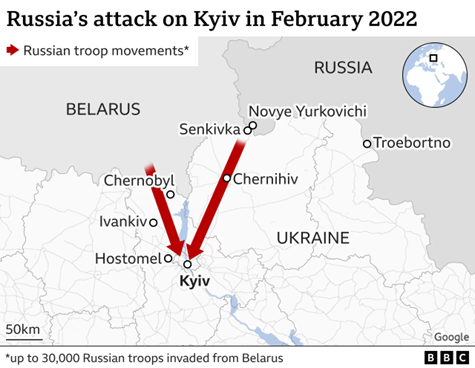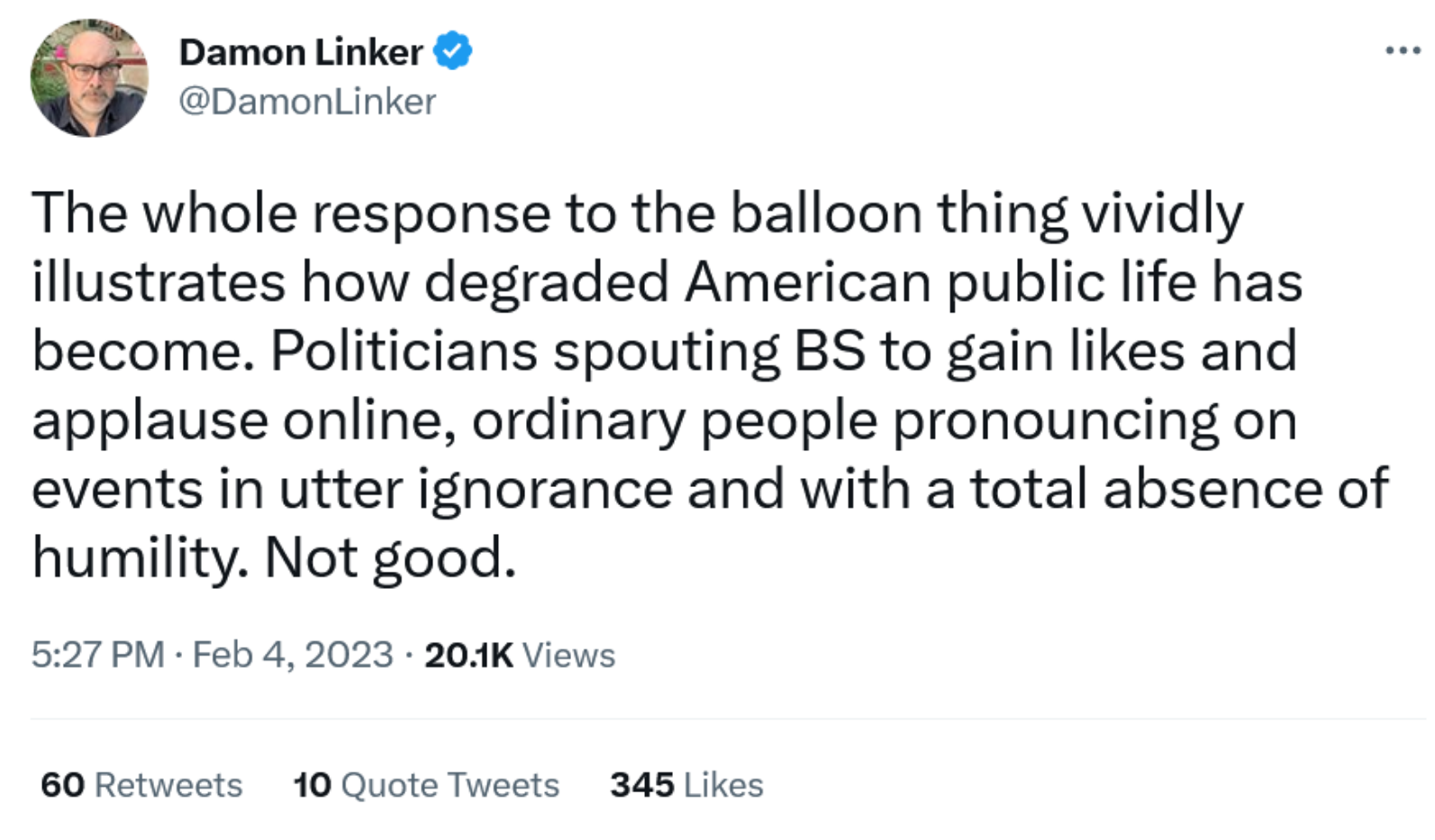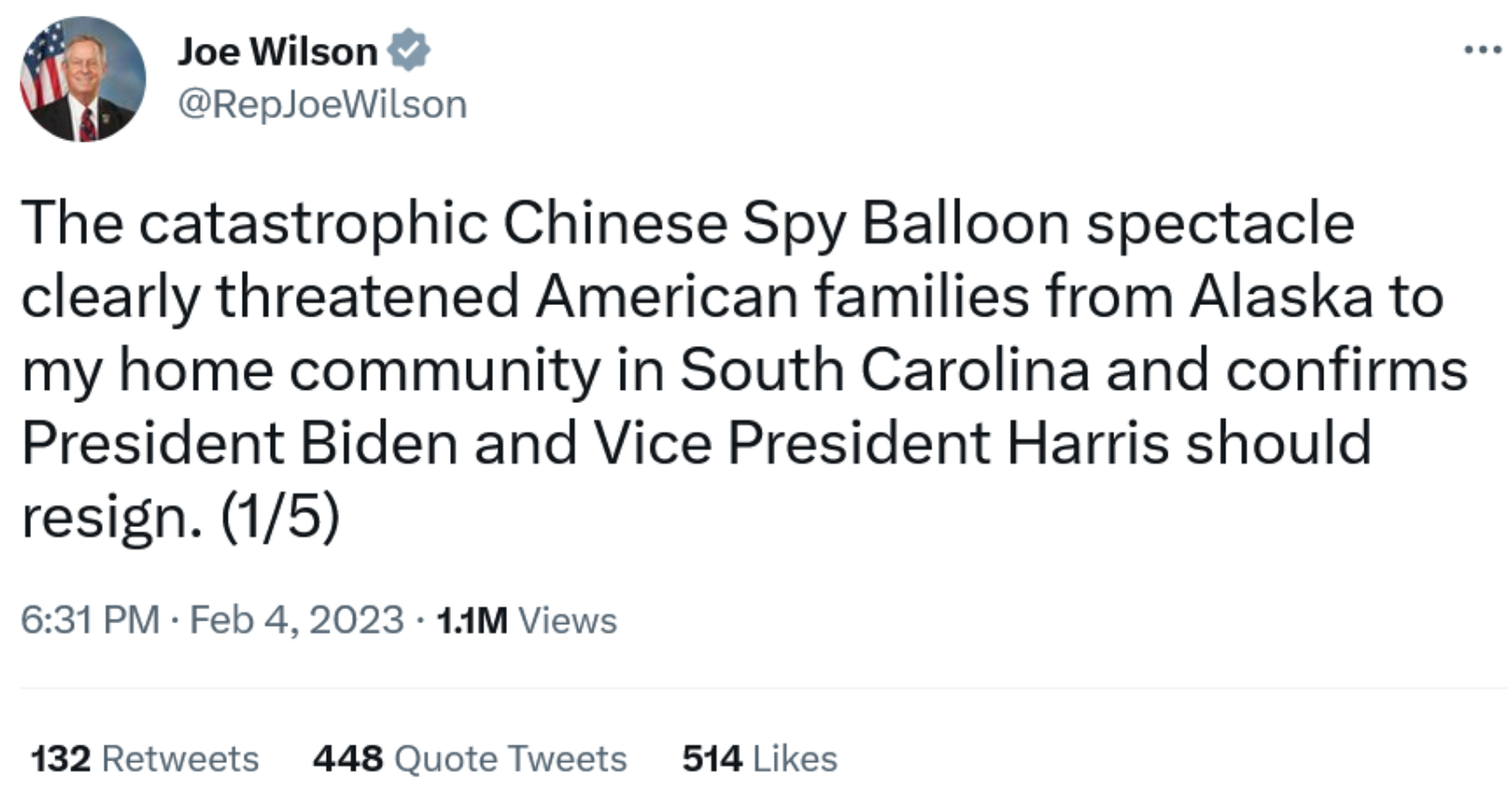The Daily Escape:

Early Autumn, Telluride, CO – October 2023 photo by Steven Carr
We wake up this Monday to yet another conflagration in the Middle East. Israel officially declared war Saturday night after Hamas terrorists launched a surprise barrage of thousands of rockets into southern Israel. It is Israel’s first declaration of war since the Yom Kippur War in 1973. On Sunday, another Iran-backed group, Hezbollah, attacked military targets in northern Israel from its positions in southern Lebanon.
From the WSJ:
“Thousands of rockets were fired into Israel early Saturday to begin what Hamas called ‘Operation Al-Aqsa Storm,’ Mohammed Deif, Hamas’s secretive military chief, said”.
The WSJ also reported that Deif blamed an Israeli “desecration” of the Al Aqsa Mosque in Jerusalem, located on the site known as the Noble Sanctuary to Muslims and the Temple Mount to Jews. It is the most sacred site for Jews, among the holiest for Muslims and one of the most fought-over pieces of land in the world.
But there’s more to Deif’s assertion than has been reported in the US press. The New Arab reports that on October 5:
“More than 800 Israeli settlers stormed the Al-Aqsa Mosque compound in occupied East Jerusalem on Thursday morning under the protection of Israeli forces.”
We know that the Hamas attacks on Israel began two days later on October 7. From the WaPo:
“The events of the weekend come in the context of 75 years of Israeli occupation of the Palestinians. For Palestinians and supporters across the Middle East who poured into the streets in Tehran, Beirut, Istanbul and Sanaa, Yemen, to celebrate the Hamas attack, the violence was a response to decades of Israeli restrictions, harassment and violence against Palestinians living under Israeli control.”
Even if the Palestinians lose again, which is almost certain, they’ve won. They were able to achieve complete surprise against the Israeli Defense Force (IDF). They overran IDF positions and dragged away IDF soldiers. Video has shown Palestinians driving IDF vehicles. Hundreds of rockets were able to overwhelm Israel’s Iron Dome anti-missile system. The vaunted Israeli intelligence agency apparently didn’t catch wind of an operation that must have taken months to plan, possibly involving hundreds if not thousands of people.
And Netanyahu, whose main claim to fame is that he’s kept Israel safe, is overseeing the country’s worst military debacle in decades. And against Hamas, who has been seen as largely ineffective.
And the one thing that’s already clear is that Israel, (assuming it wins this fight, which is probable), will exact a terrible price from the Palestinians.
Israel is never far from another election. Each of the recent governments they have elected have been coalitions among far-right parties. In one sense the Hamas attack gives the Israeli hardliners a win. And if they get more powerful, the Israelis will grab more land, they will “cleanse” the land they grab, and as a country, become more theocratic.
So yes, Hamas has scored a short term victory. Let’s see how it plays out two years from now.
In paging through comments on the attack on multiple news services, is appears that it’s impossible to simultaneously condemn Israel’s treatment of the Palestinians, while also pointing out that Hamas’ attack on Israel is indefensible. Partisanship prevents a reasoned view.
But the performative knee jerk support by partisans on both sides seems misplaced just now. Two things can be true: The Israeli government and the settlers have been cruel and provocative. They have contributed to the dispossession of the Palestinians; and Hamas is a corrupt anti-democratic institution that does very little for its citizens, and whose attack on Israeli civilians is unjustified and lacks a moral foundation.
Here in America, the Right supports Israel without question. This weekend some were even saying that Biden is funding Hamas, an outright lie. Many Democrats see Israel as a religious-based apartheid power. But few in the US see the Palestinians as freedom fighters.
Time to wake up America! While it may feel good to call the Palestinians simply another group of Islamic terrorists, that provides zero clarity or a solution to the conflict itself. The Palestinians deserve human rights and a say in how they live.
Israel deserves peace and security.
These objectives must shape any discussion of a cease fire. Unfortunately, as elsewhere in the Middle East, air strikes, rocket attacks and the killing of civilians drowns out dialogue.
America is staring down some major shit with short and longer term global consequences. But some treat it as just another day in the neighborhood. This is a good time to remember that when you throw a stone in the pond, the ripples reach all the way to the shore.







 Wildflower bloom, Peridot Mesa on the San Carlos Reservation, AZ – March, 2023 photo by
Wildflower bloom, Peridot Mesa on the San Carlos Reservation, AZ – March, 2023 photo by 



